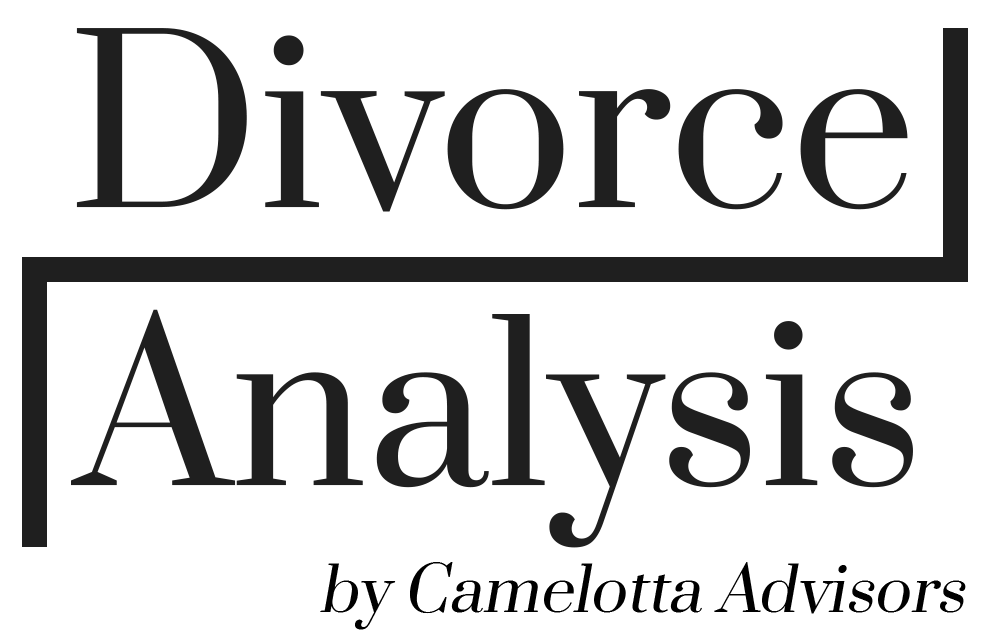One of the most remarkable changes to the divorce arena over the past few years is how social media tools such as Facebook and our paparazzi-obsessed society have been able to open doors into people’s private lives because of their divorce.
Notable examples include:
Jack Welch, CEO of General Electric: Based upon filings in his divorce case, he was challenged by GE shareholder activists for receiving unreasonably high compensation
Frank and Jamie McCourt, Owners of the LA Dodgers: Information found in divorce flings have jeopardized their ownership of the team
Barak Obama: He would likely not have won the Presidency had information about his opponents activity at swingers clubs not been publicized via a divorce filing in the Illinois Congressional contest.
From Wikipedia: Jack Ryan is a Republican from the state of Illinois who was forced to withdraw from the 2004 United States Senate race due to an alleged sex scandal involving his relationship with his ex-wife, actress Jeri Ryan.[1][2] His eventual replacement, Alan Keyes, would go on to lose the general election to State Senator and future President of the United States, Barack Obama.
Individuals often lose their well guarded privacy as a consequence of the divorce process. The question many of my clients ask me pertains to how they can maintain their family’s privacy and not end up with the social and financial shocks that happen because of the way others view their marriages and lifestyles.
The core of the problem rests with the fact that a divorce is a lawsuit which takes place within the legal system. The public has a constitutionally-guarded automatic right to see all documentation filed with the courts. This public airing of dirty laundry is especially risky in a divorce situation because your court filings will center around 2 major areas: children and how you raise them and money – internal processes that most families keep private. In these 2 areas, divorce requires DEEP disclosure of all the intricate details of a parent’s finances and behavior. Adding to this is the fact that your actions within the divorce process are also publicly available. For example, how would your employer view it if you were sent to jail for contempt of court because of something filed by your ex wife?
So who can obtain this information about your family life, lifestyle and financial affairs?
• General public curiosity: Neighbors and others who simply want to gossip or sell your story.
• Business/Political associates and foes: Mark Rich, the famed financier pardoned by Bill Clinton, was actually revealed via his divorce from his wife Denise. In fact Barak Obama might even owe his presidency to information disclosed in Gov. Ryans divorce which led him to drop out of the race (in which he was the most popular candidate in the history of Illinois), leaving his young opponent Barak Obama to win the seat in Congress!
• Your former spouse: postings on facebook, myspace and dating sites have often been used in arguments that one parent or the other was either unfaithful or was derelict in their parental duties.
So what can be done to increase your level of privacy?
1) Consider a new venue: often switching the filing location can isolate the divorce from a curious public
2) Ask the court to seal sensitive records.
3) Hire a private judge
4) Use a collaborative or mediated process.
At Divorce Analysis we apply all of the above and more to help clients protect their privacy.
